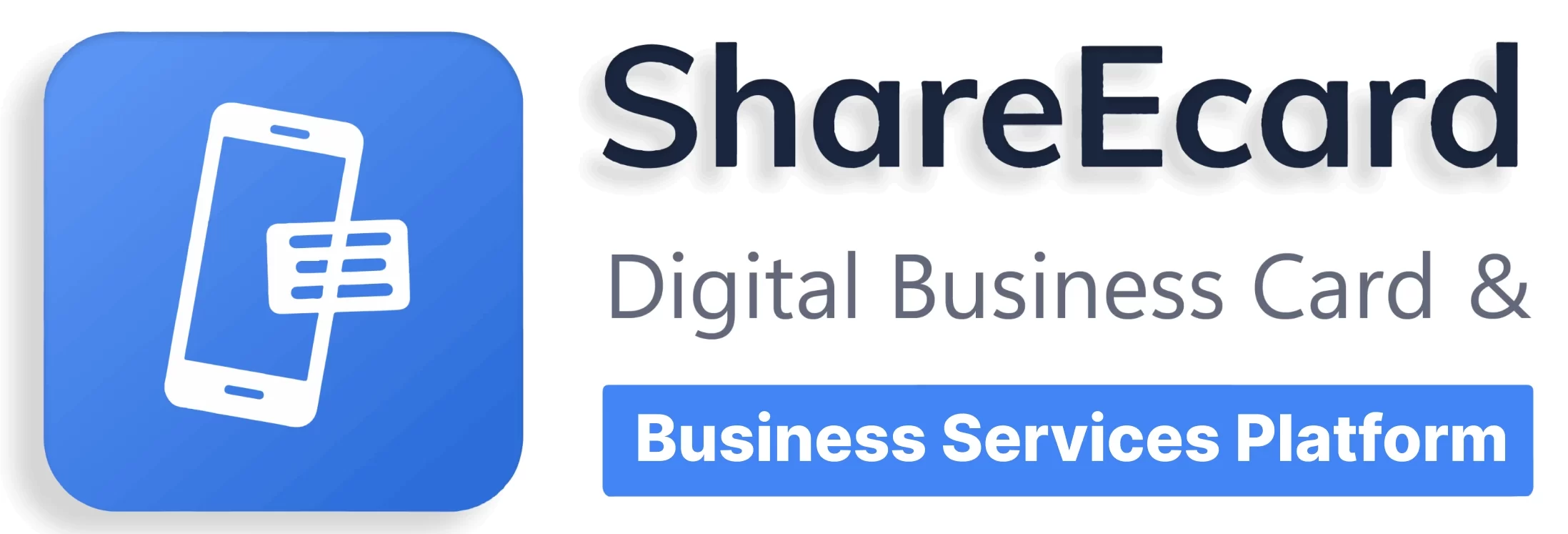Scaling your business is unarguably one of the most exciting steps toward growth and prosperity. Once you have committed to this route, you must get in the know of what scaling a business implies and how to do it correctly.
Sustaining growth entails extending your operations while staying proficient and profitable, and enough planning power helps you realize long-term success.
In this article, we will have a look at the foundations of company scaling, but we will also give you practical advice that you can apply to grow your business accordingly. Three factors can define scaling, which are (1) enlarging your client base, (2) exploring new markets, and (3) diversifying your product and service offerings. This is the key element to attain long-term success.
What is Scaling a Business?
Scaling is the business strategic process that aims to expand operations, assets, and infrastructure to accommodate increasing demand while maintaining effectiveness and profitability. Unlike general expansion, where incremental increases in sales or production are included primarily due to many consequences, scaling needs a more comprehensive strategy that considers all factors in the company, including goods or services, customer base, staff, and processes.
Fundamentally, the process of scaling establishes a structure that ensures that the company maintains its efficiency in handling large numbers of sales, transactions, or consumers without facing severe restraint or reduced returns. This often includes improving internal operations, investing in technology and automation, and putting a sound structure in place that will remain viable in the long term.Through successful scaling of a company, a business not only focuses on long-term growth but also leverages on new opportunities and increases its competitiveness in market.
The ability to plan around scaling ideas and implement successful strategies makes business organizations what they are. This, in turn, makes them a force to reckon with in an industry that is full of change.
7 Tips To Successfully Scale Up Your Business
Shifting from a small to a big company involves decision-making and executing ‘smartly.’ In view of this, scaling up your business cannot be achieved without understanding and mastering the numerous determinants involved. Below, we will focus on seven important tips toward the one goal of expanding your business while remaining effective and profitable.
- Focus on Planning
Thorough planning is the key to successful company business scaling. Before you start expanding, make sure you take enough time to develop a well-structured growth plan. Establish your goals, objectives and set significant milestones to create a plan for scaling up to bring clarity and be on track at a consistent pace.You can Scan QR codes for data collecting and expand the scope by extracting critical information from it, like customer feedback or market research data. Creating a properly defined plan enables you to be proactive, map out likely scenarios, and chart out a clear pathway to long-term positive results.
- Gather a Strong and Adaptable Team
Creating a good team of people who can be strong and flexible is key to meeting obstacles when a business expands. It is important to have reliable people around you who understand your plan for development and will adapt themselves to any problems that arise. As you scale up, you might also face logistical challenges, such as moving to a larger office space or relocating to a different area. For businesses in Manchester, having access to a dependable furniture shipping service in Manchester can ensure that such transitions are smooth and do not disrupt your operations. Invest in the hiring and retaining of top-level individuals in different areas, beginning with sales and marketing all the way to business operations and customer cultivation. By developing a culture that focuses cooperation and a mindset of continual learning, you can enable the business to be responsive and quickly adapt to increasing customer demands
- Set realistic and clear targets.
Setting realistic goals is a must in the scaling process. Set objectives for sales growth, market share increase, and operational effectiveness for your team. Scan QR codes to assess how performance is moving. Assess your performance with a simple scan, enabling real-time monitoring and data-driven decision-making.
Moreover, it is imperative to break down the target into smaller, tenable steps for monitoring the performance of selected goals. Establish reasonable objectives to keep your team in place to make them feel good, participate in, and approve when they succeed.
- Adjust Business Model and Pricing Structures
Reviewing and improving your business model and pricing are underlying factors for your growth success. Explore your current positioning or strategy and switch to the new plan if it suggests high demand for the given goods or services. Put QR codes on to provide discounts, promotions or loyalty programs for consumers involvement and the product sales.
Ensure the price that your goods or services are given has the value proposition but is also competitive in the market. By altering the model of your business and the pricing structure, you can potentially do that, which is the development and sustainability of the business.
- Switch to CRM systems.
The move from the manual approaches to Customer Relationship Management (CRM) automated decision-making tools is essential since it will facilitate a better customer experience coming with proper data management.
A CRM system implementation will help you to get all customers’ information together, communicate with them, and set up a prompt process of repetitive processes.
CRM technology may help you improve operational efficiency, increase customer satisfaction, and build long-term connections with your customers. Invest in flexible CRM systems that answer your business needs and bring you scale. Make sure they help you to achieve your growth targets.
- Standardize your product
Ensuring uniformity and expandability is standardizing products and services. Regularization of product development, manufacturing, and delivery through a system can help to improve efficiency and reduce errors.
Standardizing your products improves quality, cost, and customer pleasure. Regular goods develop audience trust and reputation, resulting in repeat business and recommendations. Monitor and improve your established procedures to react to market developments and client preferences.
- Use of Technology and Big Data
Technology and big data analytics may reveal consumer behavior, market trends, and corporate performance. Purchase scalable technology to automate, optimize, and enable data-driven decision-making. Stay on top of new technology and trends to position your firm for long-term success in a fast-changing industry.
Bonus Tip: Monitor Your Progress
Monitor and analyze your progress toward your targets during the scaling process. QR code scanners can measure KPIs and obtain consumer and stakeholder input, simplifying this procedure.
Scan QR codes on surveys or feedback forms to swiftly gather customer satisfaction, market trends, and operational efficiency data.
To remain on track and improve, you must alter your plans depending on this input. Staying responsive and receptive to feedback is crucial when improving marketing, product, or customer service.
Moreover, the Wheel Spinner may help scale decisions. Randomly selecting possibilities streamlines the selection process, whether allocating duties to team members or making company development decisions. The Wheel Spinner ensures impartial, error-free decision-making with its user-friendly UI and solid security measures.
Conclusion
Scaling a business takes careful planning, a strong team, clear goals, adaptive business models, and technology use. These tips and ongoing monitoring may help firms develop confidently and efficiently. QR code scanners and the Wheel Spinner help improve operations and decision-making. Businesses may expand sustainably in volatile marketplaces with devotion, adaptability, and the correct tools.




